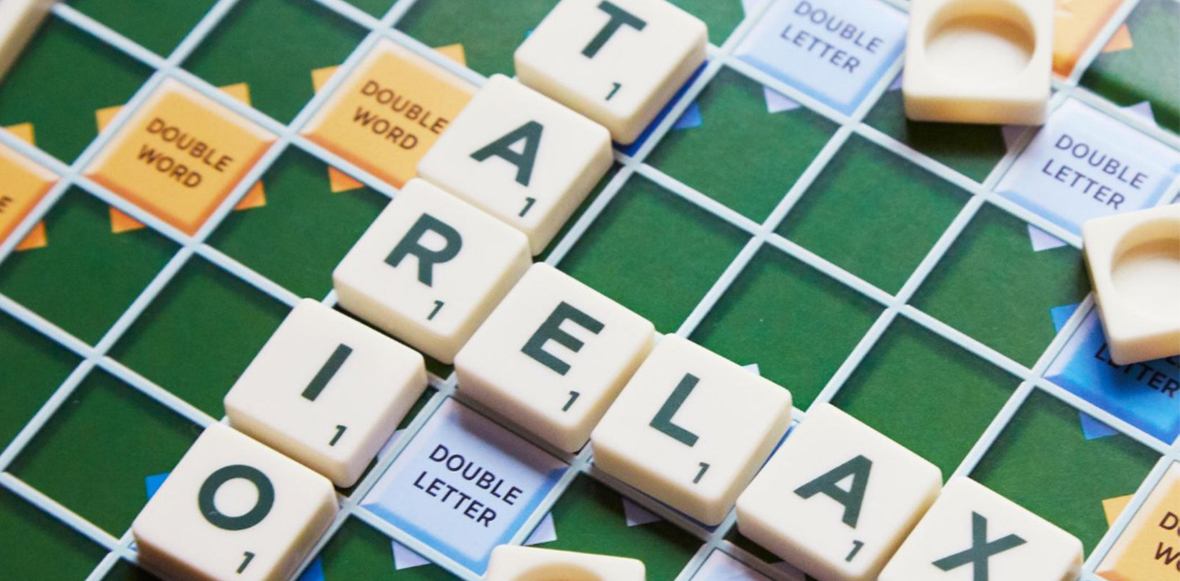 The Online Time Capsule
The Online Time Capsule
Dear Future me ,
I'm writing this 8 months back in the time you were reading this
I assume that you are finishing the 9th year so you are probably going to the 1st year. Has this year been difficult for you ? Keep working because I know that you are going to be really successful on school and in your life .
I wonder if things worked out with ...
Or have you fallen in love for somebody else ? I hope that your are happy with yourself and your friends
�
 The smartphone
The smartphone
The smartphone
The mobile is defined as the device designed to receive and transmit voice, video, and other types of information. The modern phone has become lighter and smaller in size that enables users to view names, games, applications, and pictures. The smart phone used today is also distinguished by its provision of several services; Such as taking pictures and video clips and saving them using built-in cameras, and controlling them remotely via bluetooth-connected devices, and users can download applications to it, in addition to the ability to watch movies and listen to music, but it has certain downsides for teenagers and adults as well, which is harmful to health.���
 Television
Television
Television
There is a machine with a screen that was made in 1927 and there’s no house don’t have it, it’s called the electric television. the television was invented by Philo Taylor, that inventor lived in a house without any electricity until age 14, all the world take a lot of benefits from the television like if you looking for a job you will have it from advertising, it also used for Self-entertainment, It broadens knowledge of different cultures... but at the first it was a strange thing and no one knows how to use it but then at the end of the day the technology has improved
 shmoukh Al mutiri
shmoukh Al mutiri
Apple it is a perfect company when you use devices apple no person can look your information. in my opinion Apple it is a great company.��������
 Hsidjdbaka
Hsidjdbaka
Jdoddkshsb������
 Test 1
Test 1
Hello future me this is a test��
 You may need
You may need
Hi,
I want to sex with E** Toma*.���������������
 dsffsd
dsffsd
ffdsf�����������
 Satellites.
Satellites.
A satellite is a human-made device that orbits in space around the planets. It is controlled by a computer-based guidance system that links communications with each other and facilitates knowledge of weather conditions and research. There are many types of satellites such as astronomical satellites, military satellites, and explored satellites. I am confident that moon Industrial is the best invention of mankind, as it serves us in almost all of our needs.��������������
 Satellites.
Satellites.
A satellite is a human-made device that orbits in space around the planets. It is controlled by a computer-based guidance system that links communications with each other and facilitates knowledge of weather conditions and research. There are many types of satellites such as astronomical satellites, military satellites, and explored satellites. I am confident that moon Industrial is the best invention of mankind, as it serves us in almost all of our needs.��������������